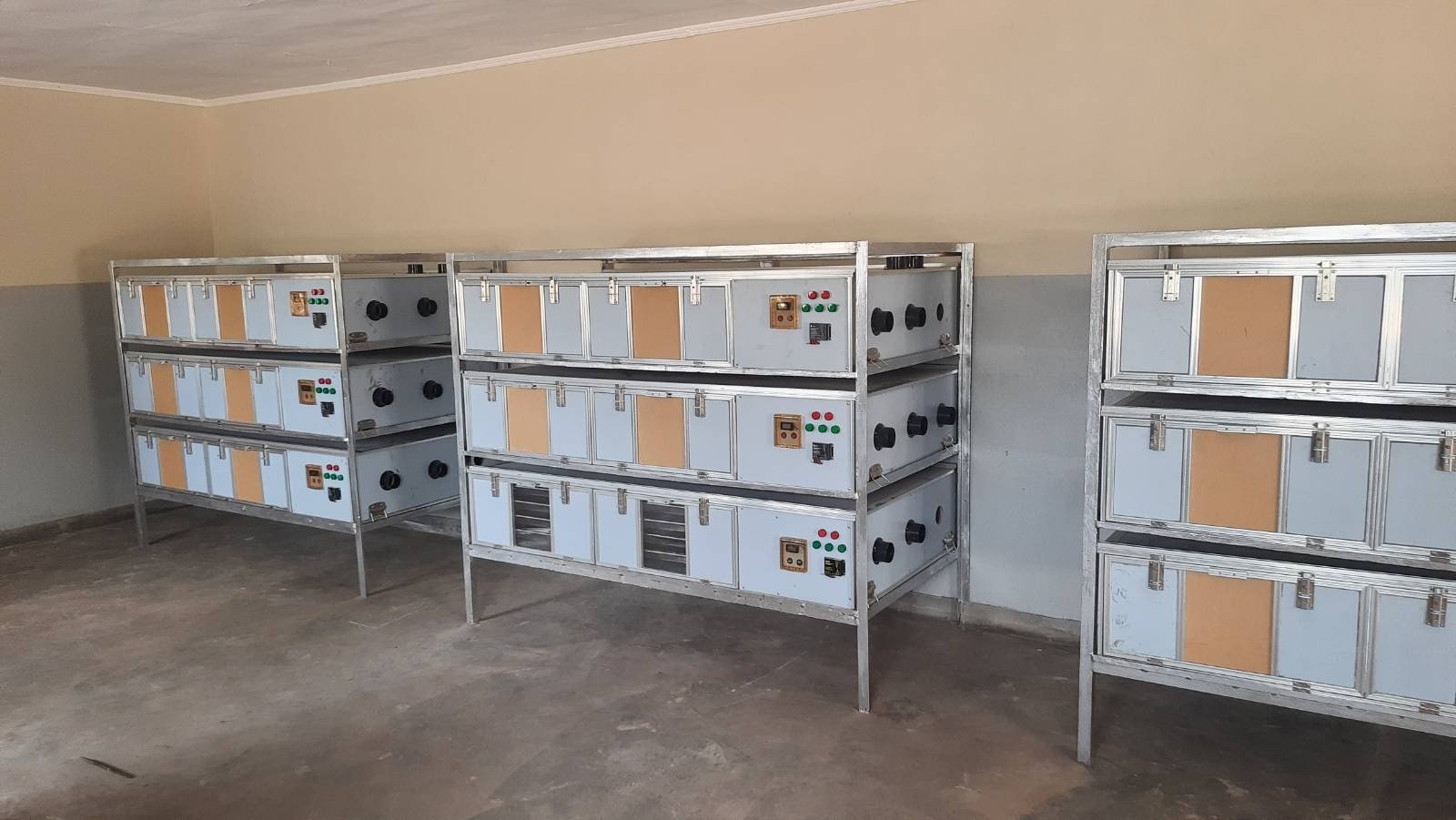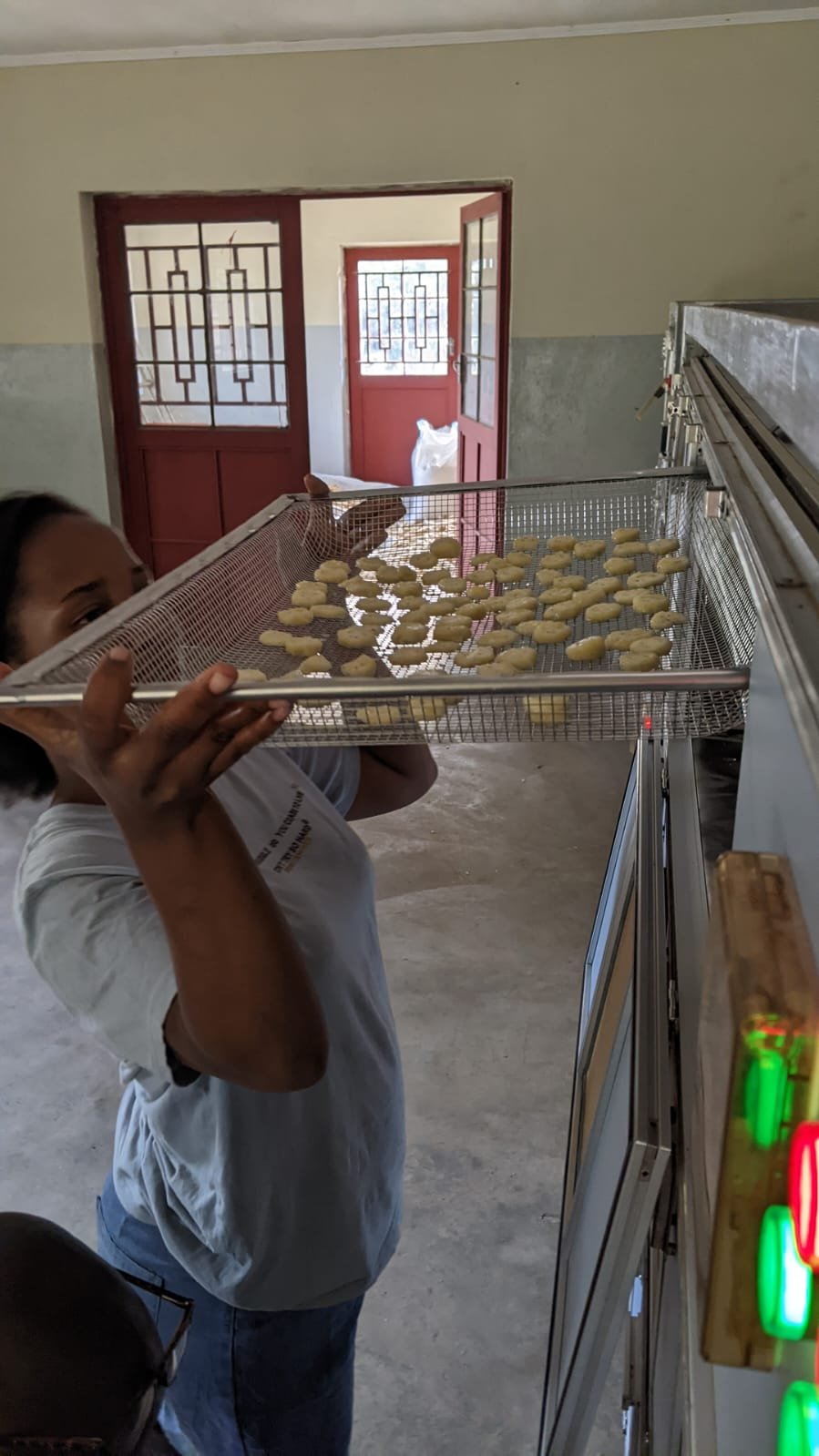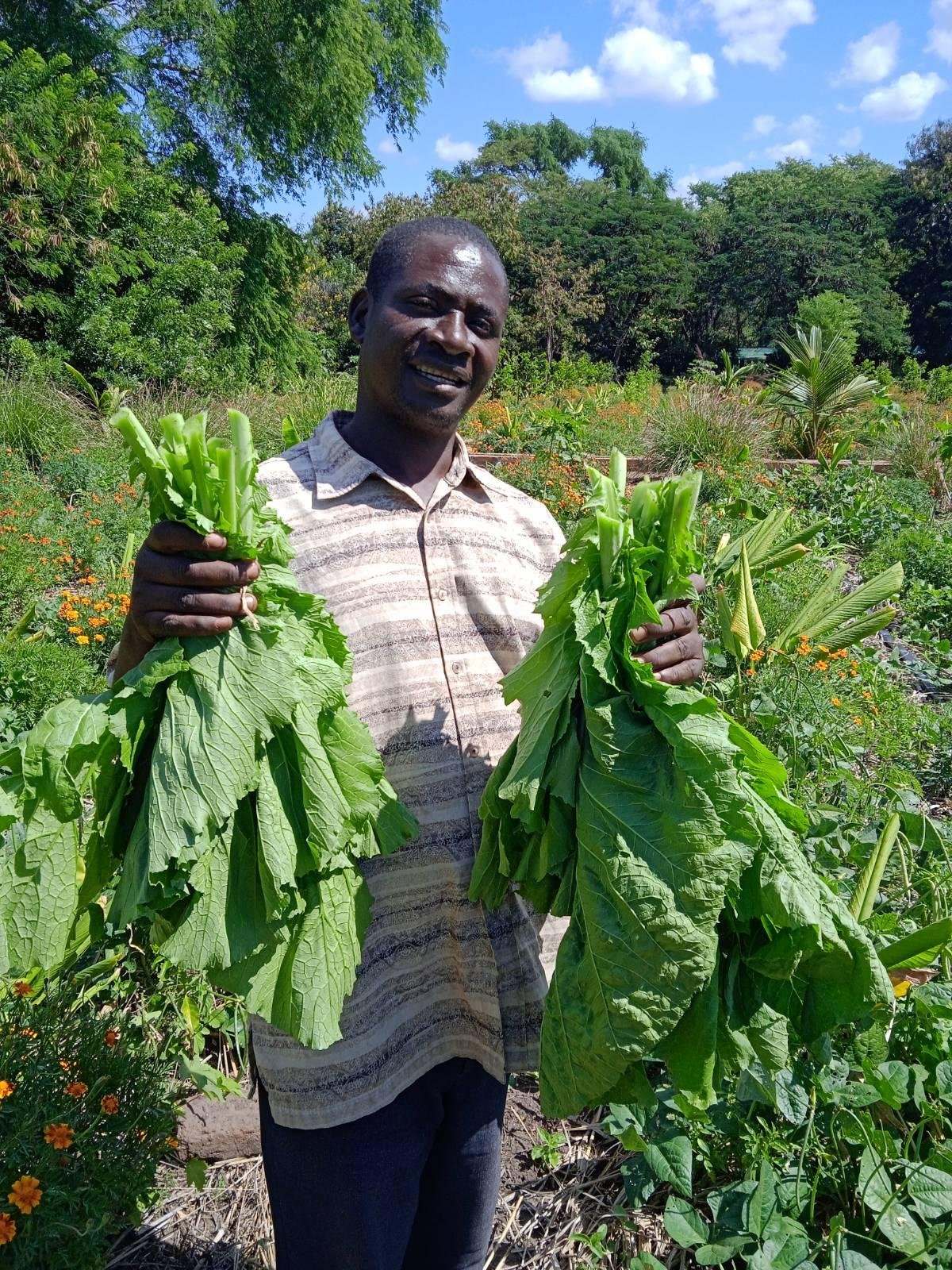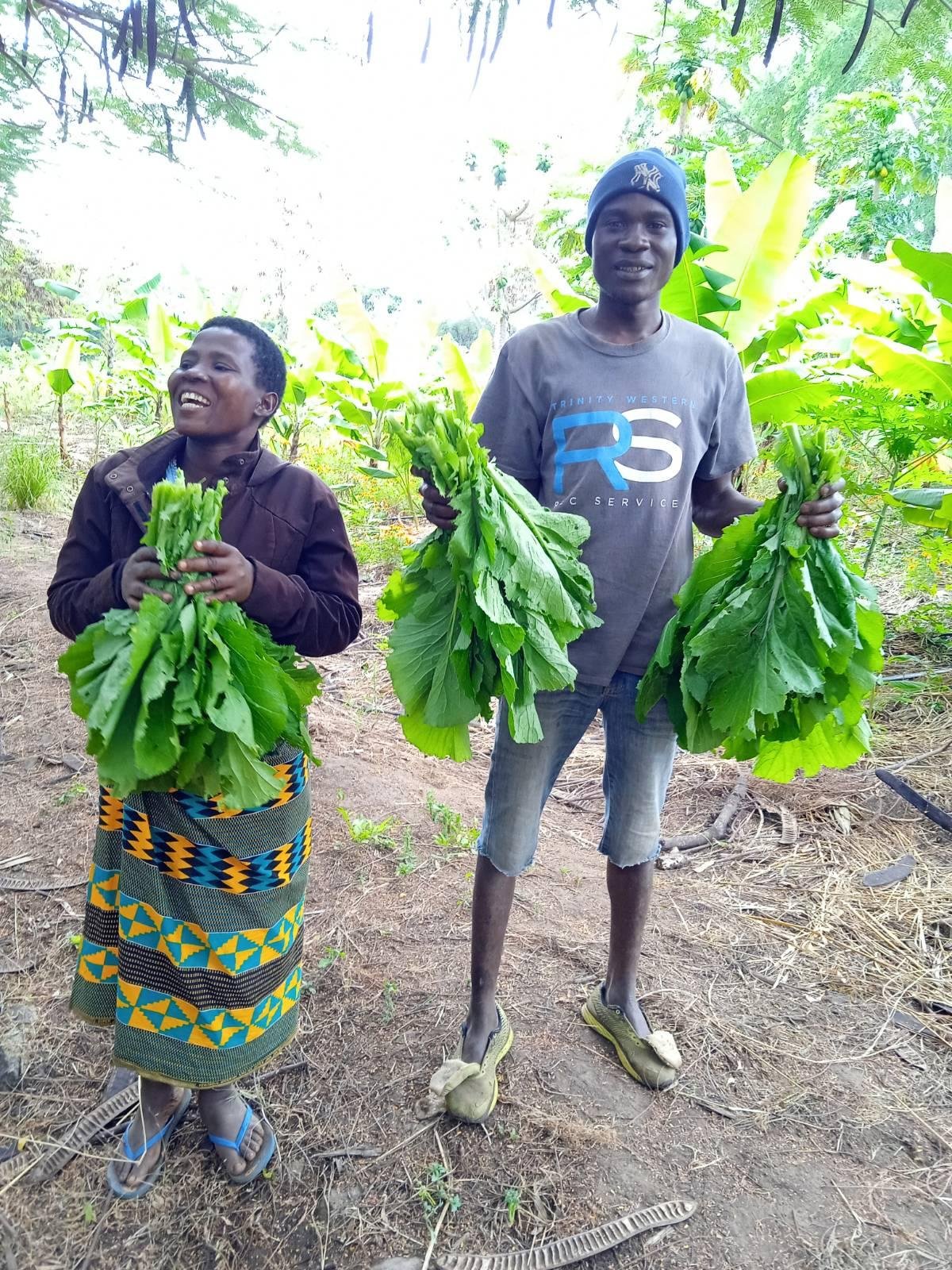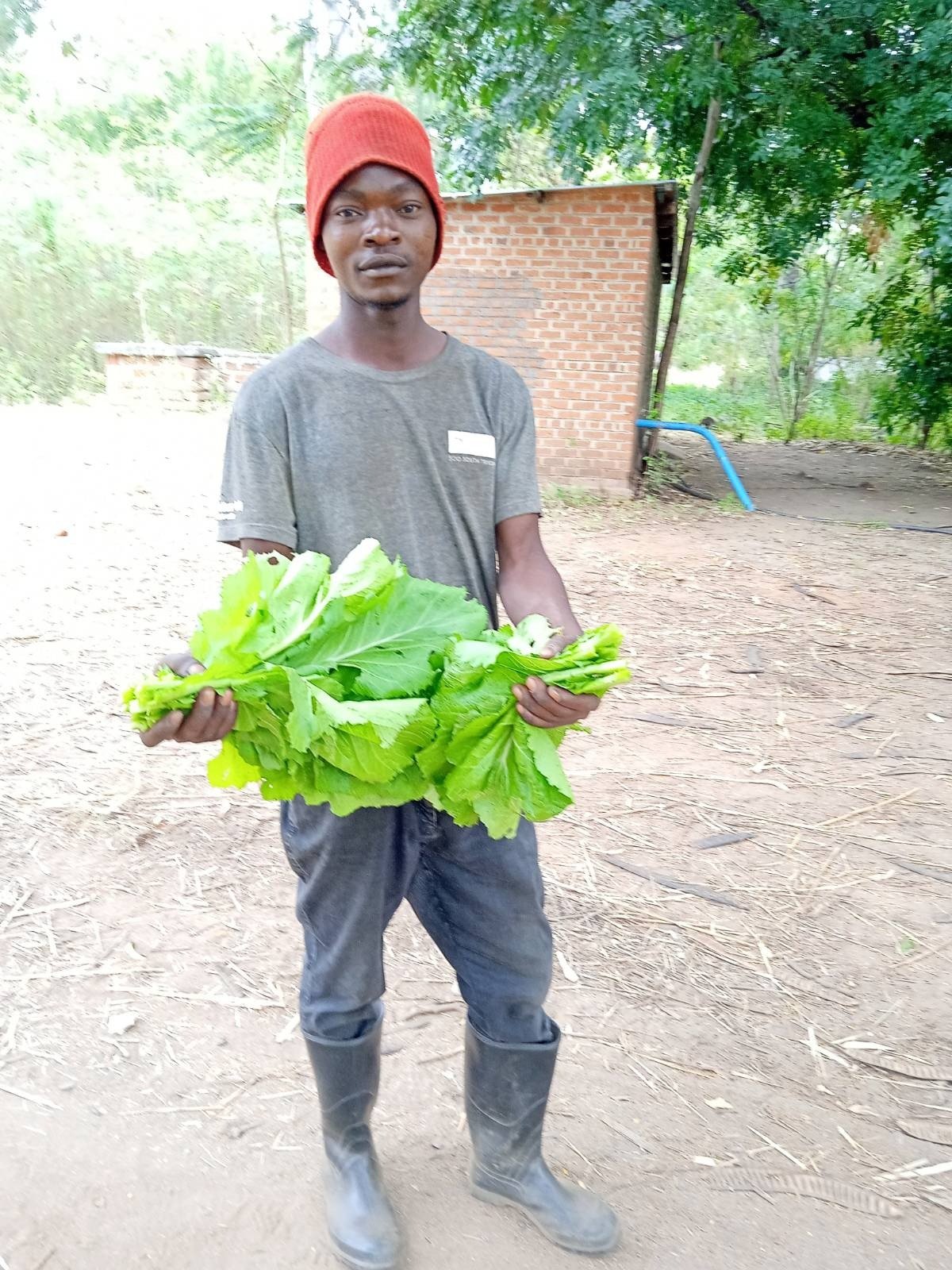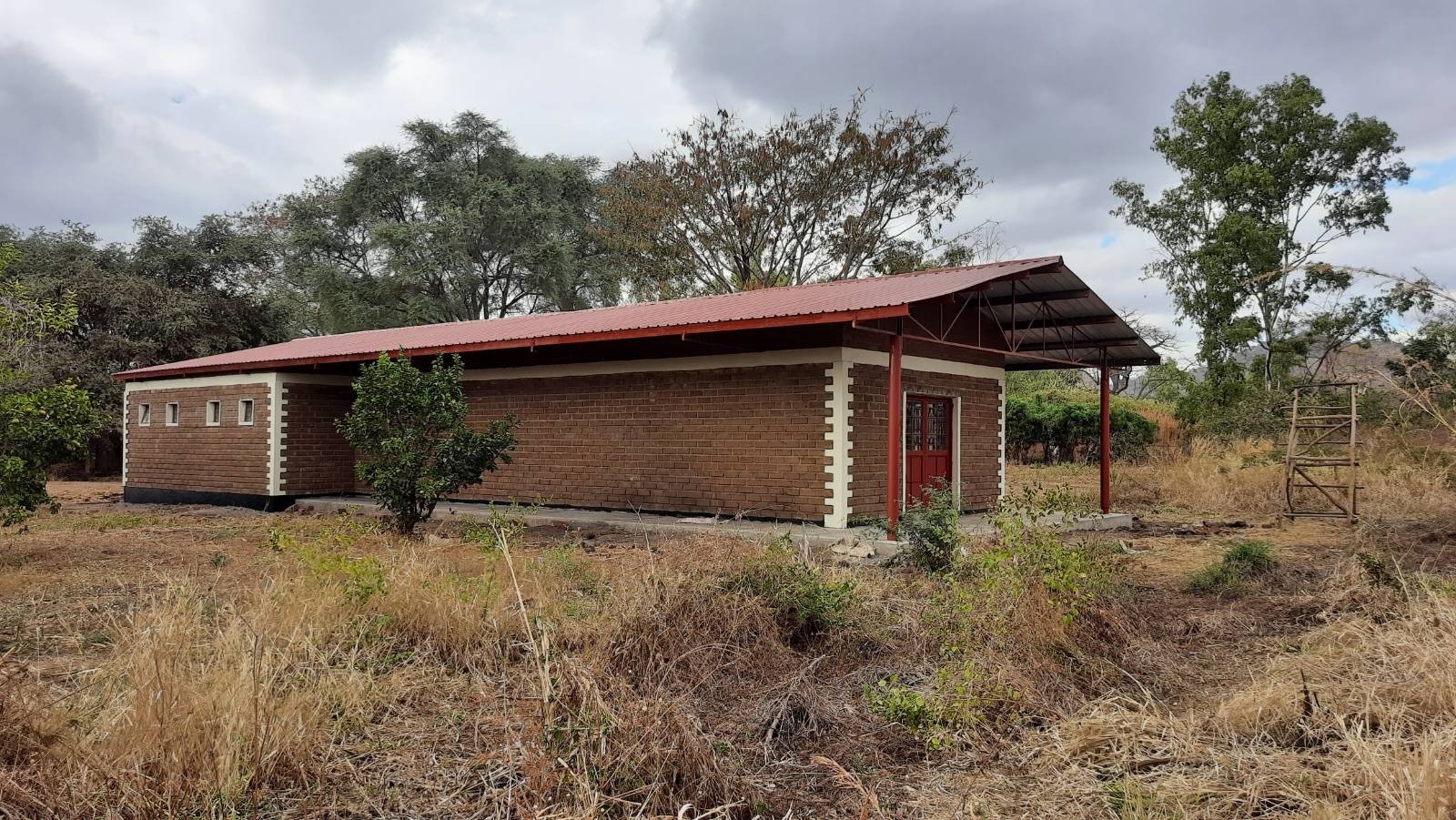
Food Production
Garden goods
Ensuring access to fresh fruit and vegetables for the poor in Malawi is an imperative step in addressing the nutrition and health challenges faced by this vulnerable population. With a significant portion of the population living below the poverty line, malnutrition is alarmingly high in Malawi. Fresh produce, packed with essential vitamins, minerals, and fibre, can play a pivotal role in preventing disease and promoting overall well-being. By providing fresh fruit and vegetables, we can empower Malawians to maintain a balanced diet, strengthening their immune systems, combating malnutrition-related illnesses, and reducing the burden on the healthcare system. Moreover, this initiative can also create avenues for local farmers to sell their produce, contributing to economic growth and food security. Together, by advocating for and providing fresh fruits and vegetables, we can pave the way for a healthier and more prosperous future for the underprivileged in the area we work.
Dehydration
Dehydrating food presents a multitude of benefits for the poor, making it an ideal solution for communities facing food insecurity. Firstly, dehydrated food has an exceptionally long shelf life, extending its usability and reducing the risk of food waste. This allows for strategic planning and distribution, ensuring that vulnerable populations have access to nutritious meals for extended periods. Dehydrated food is also lightweight and compact, making it easier to transport and store in areas with limited resources or inadequate infrastructure. Additionally, dehydrating food helps preserve vital nutrients, enabling individuals with limited access to fresh produce to still receive essential vitamins and minerals. Lastly, dehydrated food is cost-effective, as it utilizes surplus or inexpensive ingredients, reducing dependency on expensive, perishable goods. Overall, dehydrating food presents an effective and sustainable solution to alleviate hunger and improve the nutrition of underprivileged communities.
Our team has recently finished constructing a dehydration building, equipped with nine solar dehydrators. We harvest fresh produce and spices from our farm and use dehydrators to preserve them. Although we are currently in the experimental stages, our goal is to determine the most effective dehydration practices. Once we have established these methods, we plan to create a nutritious soup mix to provide for those in need within our local community. Additionally, we will market our product for sale within the city, promoting sustainable and healthy food practices.
